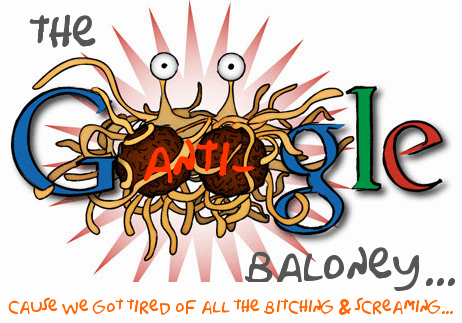
I read Nick Carr's (whose book "The Big Switch" I highly recommend) post "The cost of First Click Free". In it, Nick writes about Googles First Click Free:
"First Click Free allows publishers that restrict access to their sites (to paying or registered customers) to give privileged access to visitors who arrive via a Google search. In essence, if you click on a Google search result you'll see the entire page of content (your first click is free) and you will only come up against the pay wall or registration screen if you try to look at a second page on the site."
Basically, this means that all those pages of content that we cannot access because of subscriptions we don't want to pay for, will now be partly (just a sneak peek) available, thanks to Google...
Nick argues, this is a a subtle form of lock-in:
"At the very least, First Click Free provides another boost to the web's centripetal force, as Google further strengthens the advantage that its dominance of search provides. Google doesn't like to think of itself as locking in users to its search engine, but if you get a privileged view of the web when you go through Google, isn't that, as Lenssen suggests, a subtle form of lock-in?"
What I fail to understand is this: how is this WORSE for me as a user? Stuff I COULD NOT have access to (cause there was no way I would ever pay up for) will now be partly accessible!
Its great for me as a user, as I have more information available...
Its great for the participating publishers, as they might generate more - subscription - sales through it...
...and NO-ONE FORCES me to either use Google or actually read all this new material...
So how is Google "locking me in"? Through a better user experience?
If the answer is "YES", then YEAH, I WANNA BE...





No comments:
Post a Comment